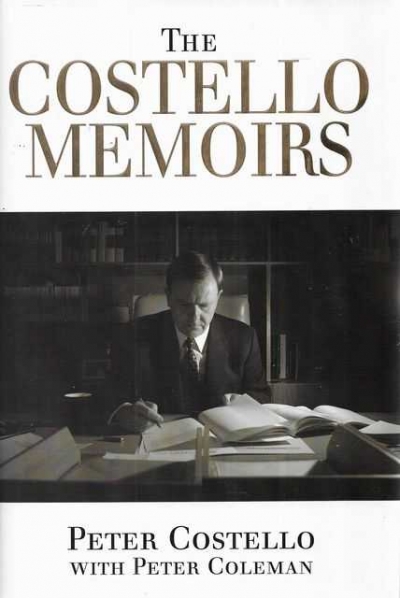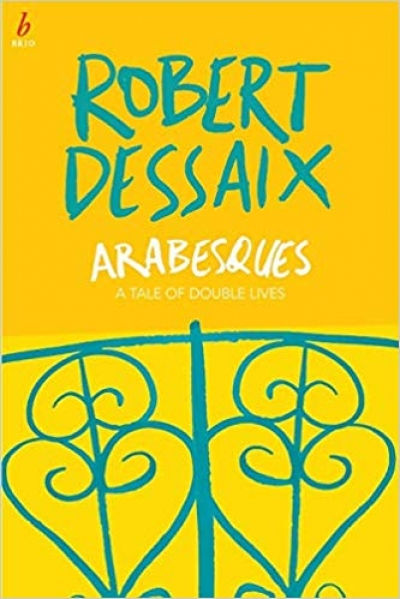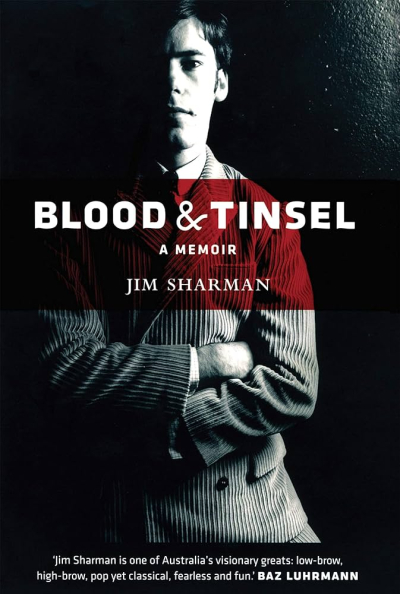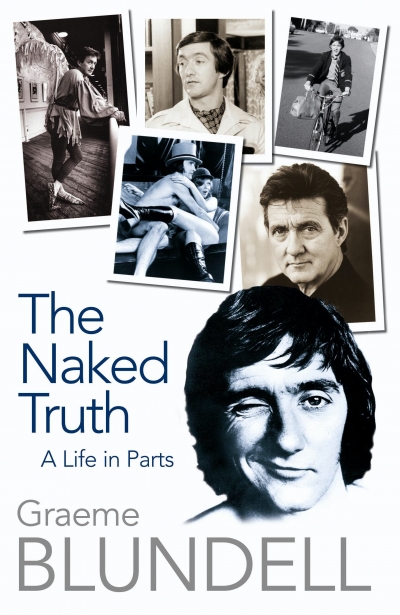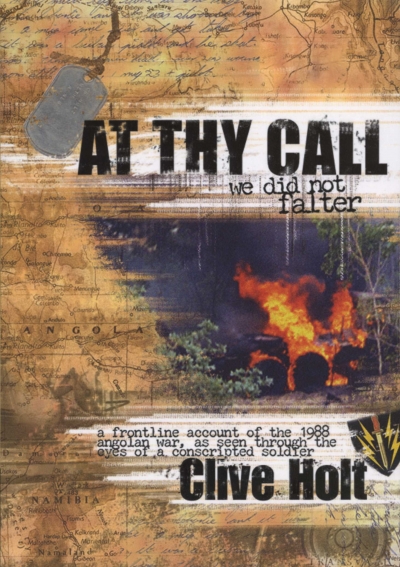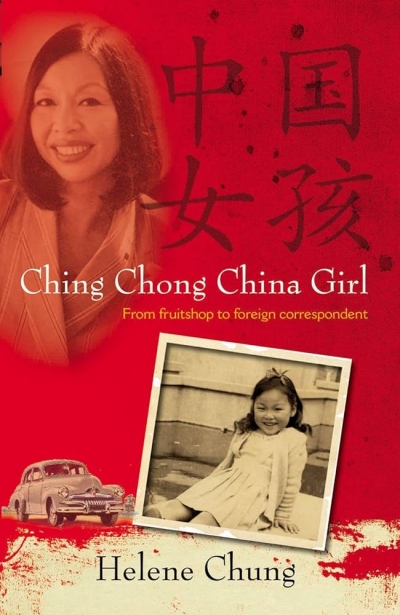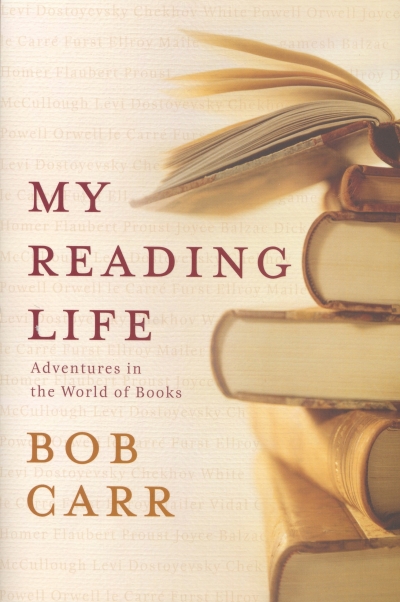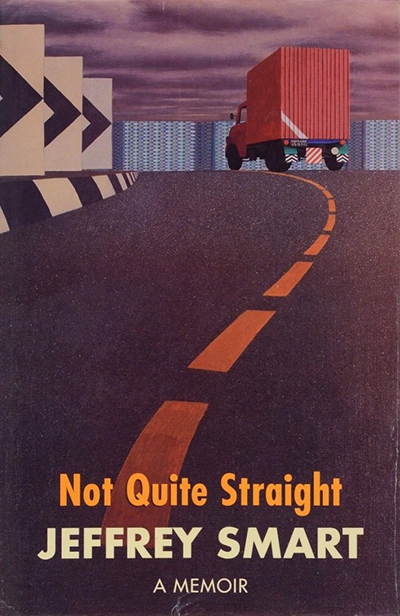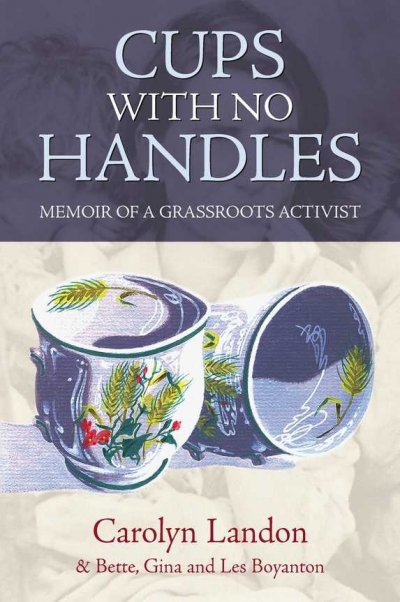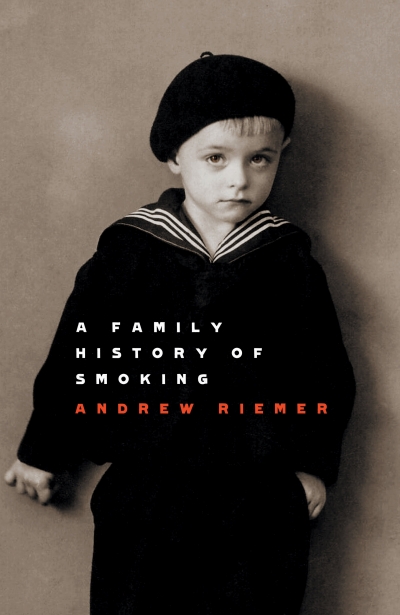Memoir
The Costello Memoirs: The age of prosperity by Peter Costello and Peter Coleman
by Neal Blewett •
Arabesques: A tale of double lives by Robert Dessaix
by Chris Wallace-Crabbe •
Ching Chong China Girl: From fruit shop to foreign correspondent by Helene Chung
by Joan Grant •
Cups With No Handles: Memoir of a Grassroots Activist by Carolyn Landon et al.
by Marian Quartly •

